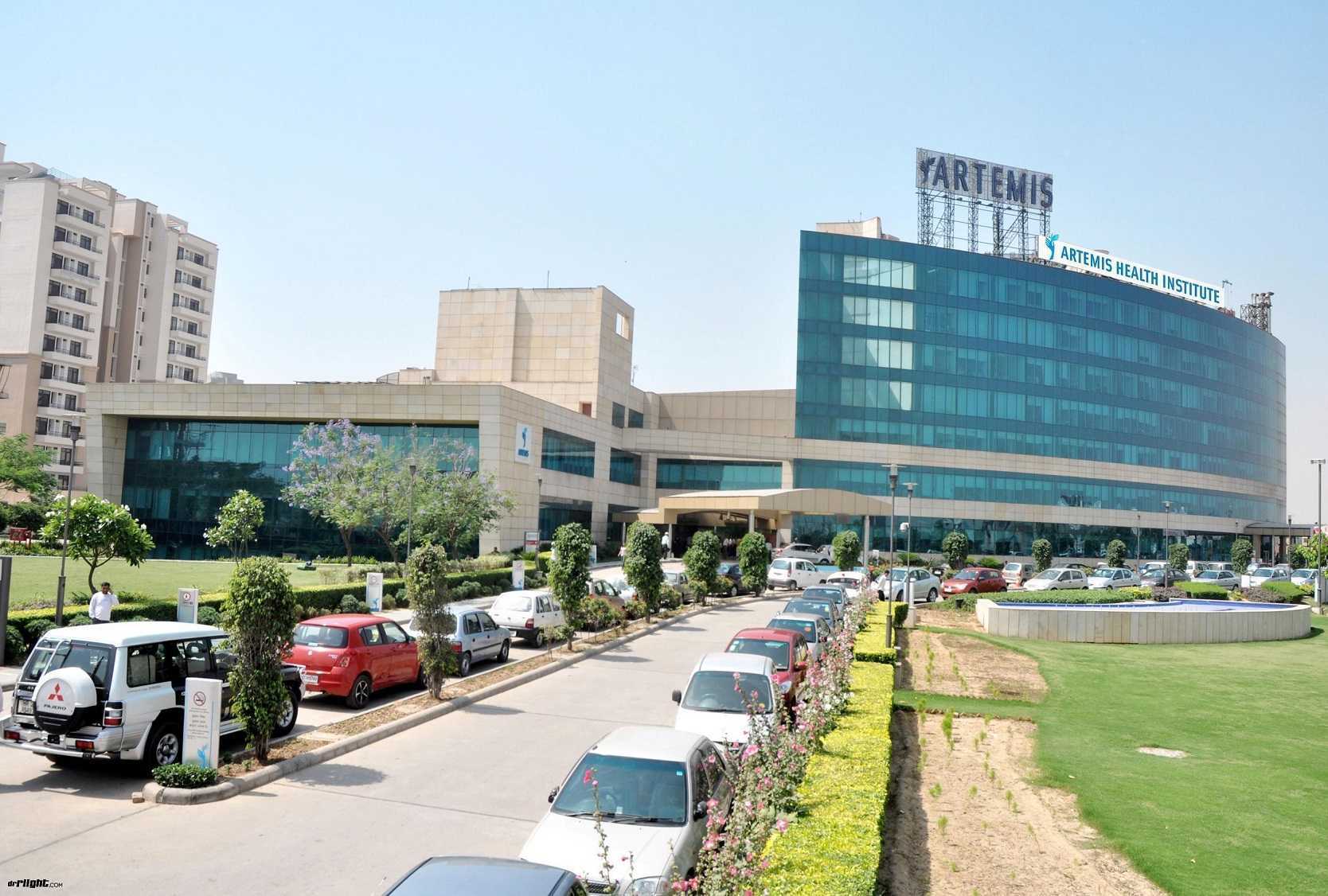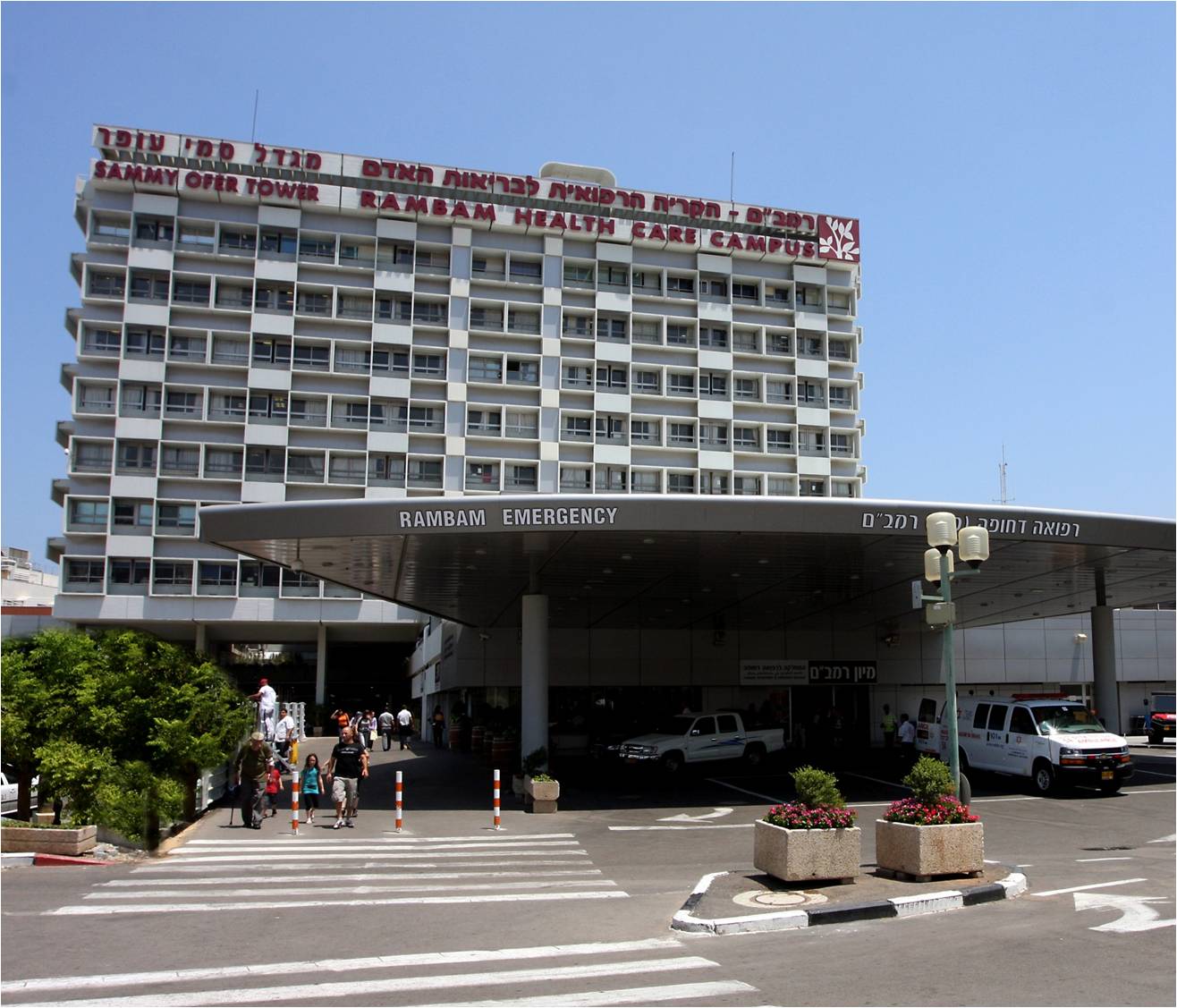Nasal polyps are formed in sinuses and nasal cavities, mostly revealing in persons suffering from allergic reactions, passage inflammations or asthma. Surgery and medications ease its symptoms and make it smaller.
Nasal polyps symptoms
When formation remains small, it does not manifest itself in any way. If they increase in size, the following may occur:
- heavy headache;
- impaired smell perception;
- nasal congestion;
- nosebleeds;
- a constant feeling of needing to clear the throat;
- feeling of strong pressure in the face and upper jaw;
- snore.
With overly enlarged polyps being able to block the sinuses, next-mentioned is observed:
- asthma attacks become heavier and more frequent;
- recurrent infections;
- difficulties during sleeping, apnea;
- breathe severeness even if the person does not suffer from asthmatic attacks.
Causes
Nasal polyps are formed due to changes in sinuses or nose linings. Constantly recurring inflammations are characterized by tumefaction and accumulation of excess liquid. Inflammations can be forced by allergic reactions and viruses.
Inflammations provokes formation of little outgrowths with liquid inside, then transforming in polyps.
Nasal polyp mostly develops in people belonging to the age group of 30-40 years. Other risk factors look as follows:
- asthma;
- allergic reactions, particularly, to a fungus or drugs;
- rhinosinusitis;
- reflexive infections;
- Churg-Strauss pathology – ailment when vessels stay inflamed;
- lack of vitamin D in organism;
- presence of these clinical cases in the family anamnez.
Diagnosis of polyps in the nose
If such formations are suspected, physicians prescribe following diagnostics to patients:
- taking allergy samples to find out if people suffer from any allergies;
- examination using an endoscope. It’s device with attached camera and an illuminating element;
- CT.
Nasal polyps treatment methods
These growths are not always treatable. Some methods are aimed at reducing the formations’ manifestation and preventing their growth.
- Special sprays and oral tablets are used to reduce formations’ size and make the intensity of symptoms lower.
- Injection of Dupilumab.
- Placement of stent to keep passages in open state. Medicines are also delivered through it to the site of polyp formation.
- Surgical removal of the polyp with endoscopy with the ineffectiveness of the above methods.
Complications
Polyps sometimes lead to certain complications as they interfere with liquid outflows and air circulation. In addition, prolonged inflammations can also lead to:
- Apnea. This is a condition where a person stops breathing for a few seconds in a dream.
- Constant asthmatic attacks.
- Nasal infections.











